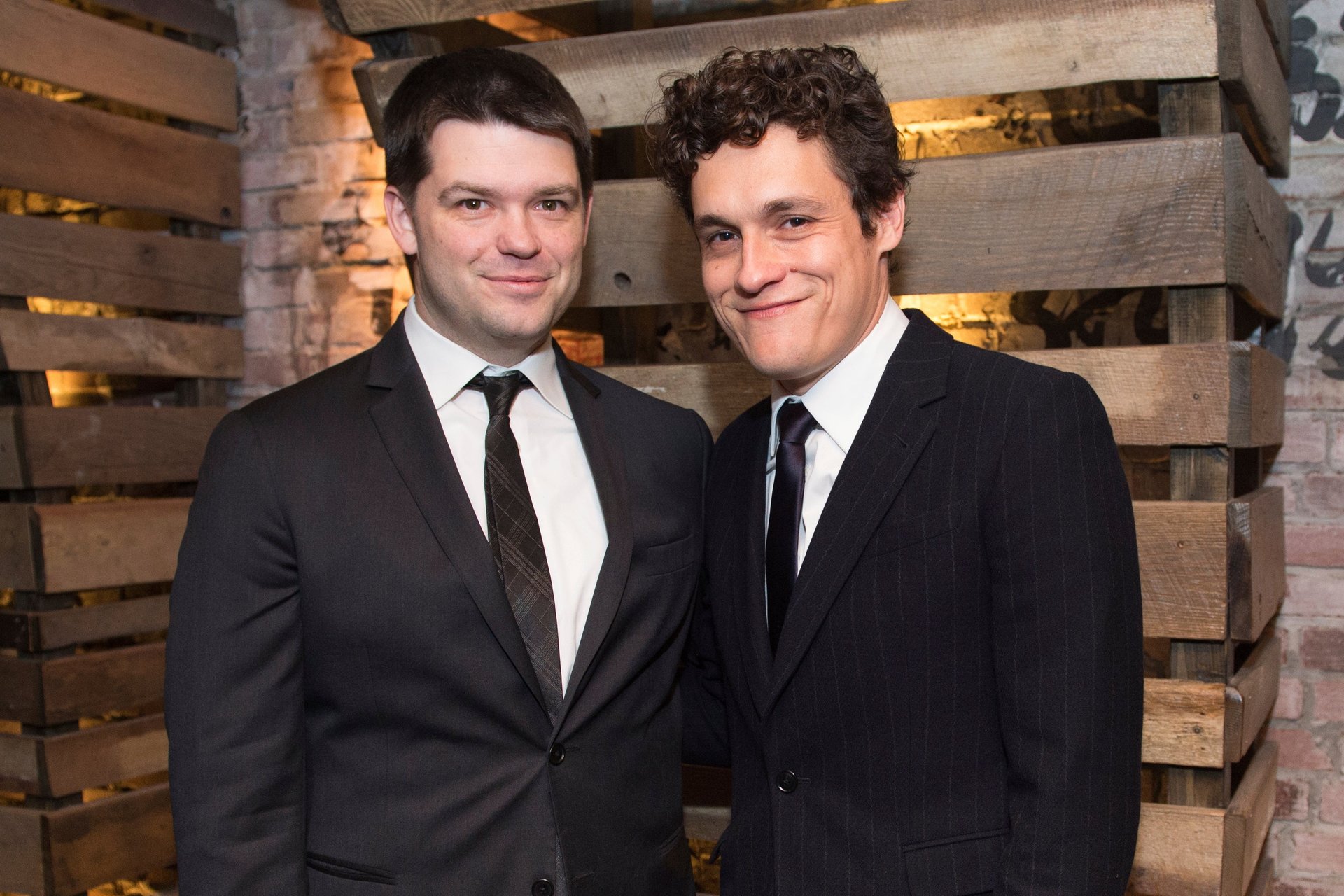“I have a bad feeling about this”: The new Star Wars films aren’t going well for young directors
Creators are learning there’s not a lot of wiggle room when it comes to Disney and Lucasfilm’s beloved Star Wars franchise.


Creators are learning there’s not a lot of wiggle room when it comes to Disney and Lucasfilm’s beloved Star Wars franchise.
The studio has found itself in the awkward position of having to publicly shunt aside some in its filmmakers, who were hired for their distinctive visions, because they didn’t see eye-to-eye on the productions.
Phil Lord and Chris Miller, of 21 Jump Street and The LEGO Movie, were the latest to be dismissed. The directors of the upcoming Han Solo film were fired and replaced last week with seasoned director Ron Howard. So far, the most famous incident has been on the first Star Wars spin-off, Rogue One, where writer-director Tony Gilroy of the Bourne films was brought in to correct Gareth Edwards’s war movie, reworking the entire film and adding a whole new end sequence. (Quartz has outlined all the changes we think were made.)
But there have been other setbacks, too. The seventh saga film, The Force Awakens was delayed by seven months, until December 2015, after director JJ Abrams pushed back on the amount of time he was given to bring in the most anticipated movie in history. That was also after Harrison Ford injured his leg on set, forcing a pause in production that Abrams now calls the movie’s “greatest gift” because it allowed the creatives to retool. This delay meant that all subsequent films were pushed back to Christmas as well. (Episode IX was later moved, again, to May 2019.) And Josh Trank, who was originally hired to direct the second standalone Star Wars movie, was also dropped.
“All of the films have been ‘troubled,'” a top executive at a “rival studio” told The Hollywood Reporter. “JJ was powerful enough to push back on an unrealistic start date, but that was a tug of war. The last one was reshot by Tony for months and now this? This is a systemic problem.”
Nevertheless, all of the recent Star Wars films have performed exceedingly well in theaters. The Force Awakens grossed more than $2 billion worldwide, and Rogue One brought in another $1 billion. Both were praised critically, too. It’s prompted the question, what’s so great about creative freedom?
Lucasfilm, under the leadership of president Kathleen Kennedy, has been drawn to young filmmakers like Abrams, Edwards, Lord, and Miller, who can put a fresh spin on the decades-old franchise. But the studio also has a specific vision for how the movies should be executed. It’s a fan-driven franchise. And, despite the talk of hiring filmmakers with a vision, it’s made the directors replaceable.
Just ask George Lucas. The Star Wars creator was panned by the public for his overbearing influence on Return of the Jedi, his remastered editions that altered the look, feel, and plot points of the original trilogy, and his much-lambasted prequel films. His story ideas were axed after selling the franchise and Lucasfilm to Disney in 2012. (Though that may have been for the best.)
Lord and Miller were reportedly canned because they clashed with Kennedy over the direction of the movie. The improvisational style they’d grown accustomed to on comedies like 21 Jump Street wasn’t working on the massive Han Solo movie, where hundreds of crew members were awaiting their directions. Kennedy sent in screenwriter and Lucasfilm veteran Lawrence Kasdan to get the project back on track. But Lord and Miller didn’t acquiesce and parted ways.
Trank was also let go because Lucasfilm reportedly heard his indecisiveness had derailed the 2015 production of Fantastic Four, among other reasons. Kennedy seems to be coming around to how important these things are. She told The Hollywood Reporter last year:
One of the things I’ve come to realize since I’ve been in this position of keeping Star Wars going is that in addition to looking for somebody who can creatively have an impact, you’re really looking for leadership skills. No one steps into these big movies without being able to genuinely lead the charge with hundreds of people and [handle] the relationship with the studio. That’s a very difficult thing to do, and you don’t know that until you get to spend time and watch somebody operate.
Rian Johnson (Looper), who is helming The Last Jedi, is the only recent Star Wars director not have any major brush ups with Lucasfilm. The production was delayed, but otherwise seems to have gone smoothly. He also wrote the script himself, as Abrams did with Kasdan for The Force Awakens. It’s seemingly proof that the right director can make his or her mark on the franchise, while working within Lucasfilm’s creative constraints.
Colin Trevorrow, of Jurassic World, will be the next director to enter the franchise as he takes the hot seat for Episode IX, the conclusion to the latest saga trilogy. Will he end up like Johnson—or like Lord and Miller?